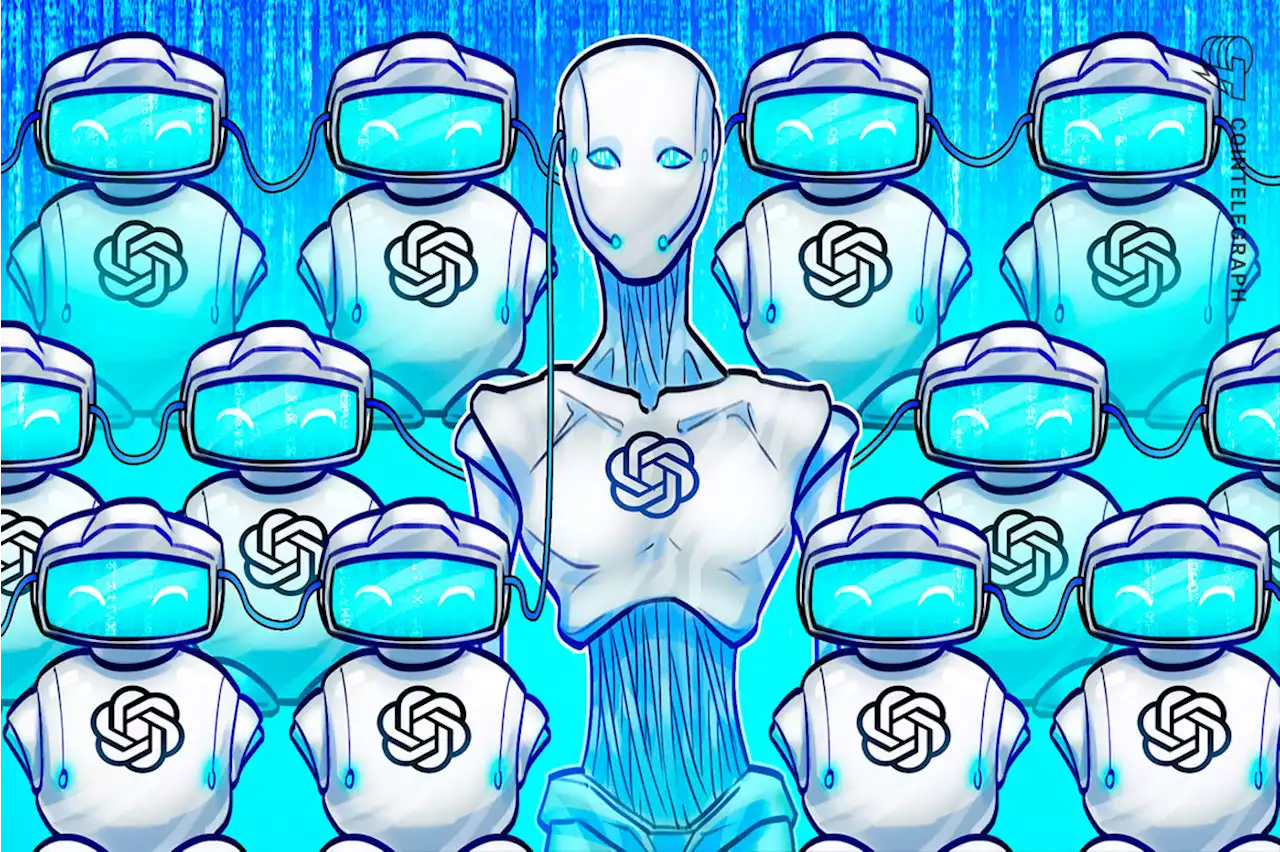🎧 Listen: In today’s episode of The Journal podcast, _KarenHao travels to Kenya to meet the workers who help filter violence and abuse out of ChatGPT. She speaks to them about the job’s psychological toll.
This transcript was prepared by a transcription service. This version may not be in its final form and may be updated.
Alex Cairo: Yeah, I'm seeing a lot of houses, some grasses, some people in our right side, watching us. So, yeah, it is a perfect scenario to get this podcast going. Bill Mullina: It was very graphical. You can't start reading the text and ignore thinking of what is happening.Mofat Okini: I'm very proud that I participated in that project now to help keep ChatGPT safe. But now the question I always ask myself, "Was my input worth what I received in return?"
Karen Hao: There was a South Korean chatbot, Lee Luda, in 2021. Again, hate speech towards the LGBTQ community. And then most recently in 2022, there was Meta's BlenderBot 3, which same thing, just a few days after launch started saying these really racist things.Speaker 10: BlenderBot called Zuckerberg, "Too creepy and manipulative." And in another it said, "I don't like him very much. He's a bad person.
Karen Hao: First of all, Kenya is a low income country and it has a very high unemployment rate. Wages are really low, which is very attractive to tech companies that are trying to increase their profit margins. And it's also a highly educated workforce that speaks English because of colonization and there's good wifi infrastructure.Karen Hao: Can you introduce yourself?Annie Minoff: Alex is 28. He lives with his wife and his brother on the outskirts of Nairobi.
Annie Minoff: Data annotation basically means labeling images or text passages so that AI systems can learn from them. For example, labeling thousands of pictures of street scenes so that an AI system can learn what a stop sign or a tree looks like. But Bill's team wouldn't be labeling images for long, because in November of 2021 the job changed. Sama had a new client, OpenAI.
Annie Minoff: Bill and Alex weren't given much information about the project. At first, they didn't even know they were working for OpenAI. They also didn't know where these texts were coming from. But according to an OpenAI research paper, they came from a few sources. Some were written by humans sourced from the darkest corners of the internet. Others were generated by AI systems themselves. OpenAI researchers would review the texts and send them on to Sama for labeling.
Annie Minoff: At first, the passages coming in from OpenAI were short, no more than two sentences. But over time they got longer, as long as five or six paragraphs. Workers might read hundreds of these passages a day. People on the team were paid from around a $1.50 to $3.75 an hour. OpenAI paid Sama an hourly service fee of $12.50 for the moderation work. An OpenAI spokesman said that the company wasn't aware that the workers reviewing the texts were only getting a small fraction of that.
Karen Hao: He had actually just met a woman who actually lived next door to him and he was living in this neighborhood called Pipeline, and he just immediately fell in love with her. They just had a whirlwind romance and got married in a few months. She already had a daughter and he very much doted on this girl and called her his baby girl. And to this day still says daughter instead of stepdaughter, in describing her.
Mofat Okini: If you even go for a session, what they ask your basic questions like, "How was your day?" You spent the entire eight hours working on these text the entire day. And when you go for 30 minutes or an hour canceling session, someone asks you how your day was or maybe what are your future plans? Those are basic questions that doesn't help. So you also need professionals.
Karen Hao: ChatGPT took over the world. You were just seeing people trying and testing it for all kinds of things. And as the days wore on, the things that they tried got more and more sophisticated.
Argentina Últimas Noticias, Argentina Titulares
Similar News:También puedes leer noticias similares a ésta que hemos recopilado de otras fuentes de noticias.
 How to use third-party ChatGPT pluginsCurious about using third-party ChatGPT plugins? Here's a quick guide on how to get started! Explore new functionalities, enhance user experiences, and customize your AI interactions.
How to use third-party ChatGPT pluginsCurious about using third-party ChatGPT plugins? Here's a quick guide on how to get started! Explore new functionalities, enhance user experiences, and customize your AI interactions.
Leer más »
 Sarah Silverman Is Suing ChatGPTSilverman, Richard Kadrey and Christopher Golden are suing Meta and OpenAI over use of their work to train AI models.
Sarah Silverman Is Suing ChatGPTSilverman, Richard Kadrey and Christopher Golden are suing Meta and OpenAI over use of their work to train AI models.
Leer más »
 ChatGPT website traffic has fallen for the first time | Digital TrendsResearch suggests that website traffic to AI-powered ChatGPT chatbot has fallen for the first time, so are people already losing interest?
ChatGPT website traffic has fallen for the first time | Digital TrendsResearch suggests that website traffic to AI-powered ChatGPT chatbot has fallen for the first time, so are people already losing interest?
Leer más »
Wharton professor: New ChatGPT tool codes, makes graphs in secondsA Wharton professor says a new $20 ChatGPT tool can code and make graphs 'in seconds'. These tasks took him weeks to master during his doctorate.
Leer más »
Mark Zuckerberg's Threads hits 100 million users faster than ChatGPTInsider tells the global tech, finance, markets, media, healthcare, and strategy stories you want to know.
Leer más »
